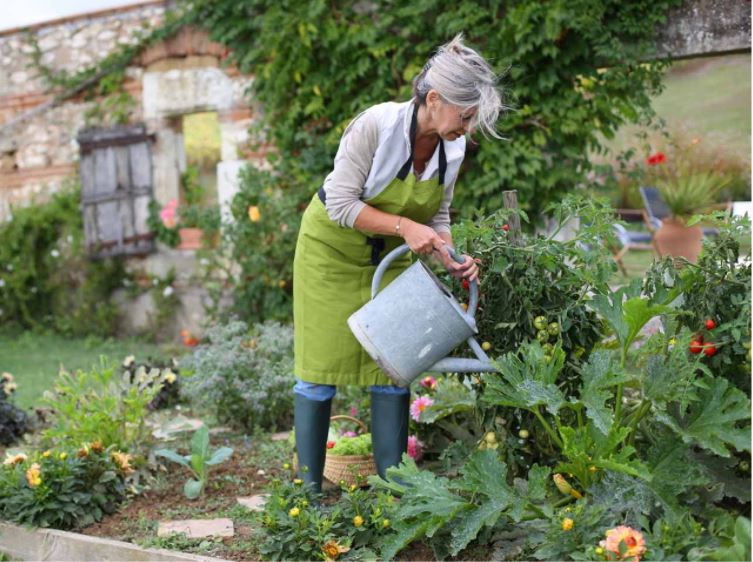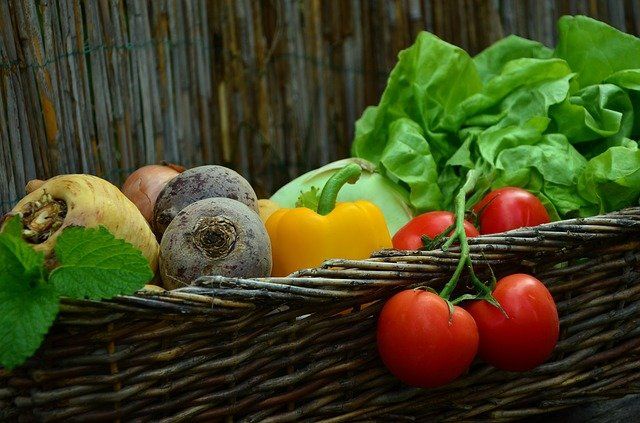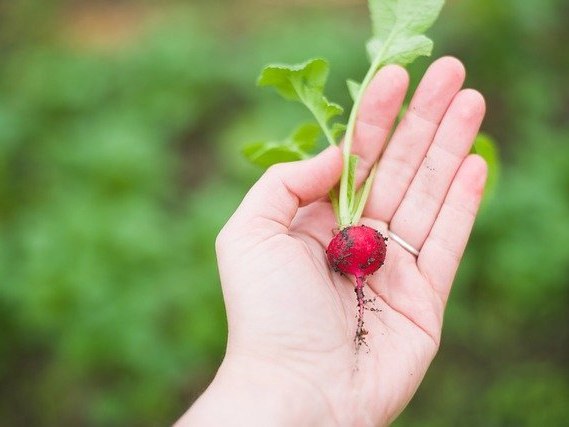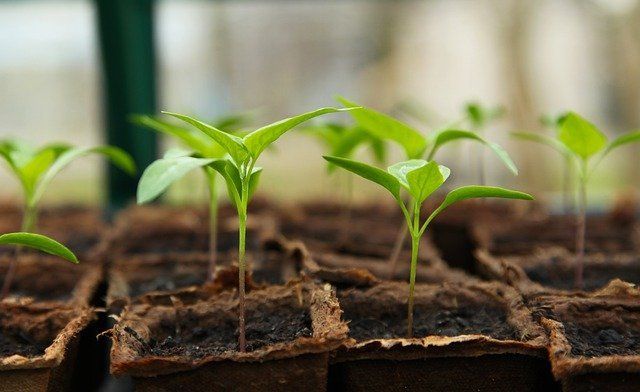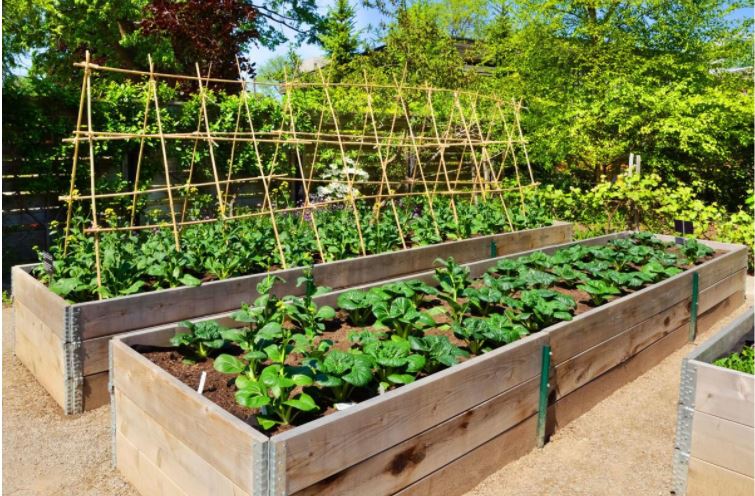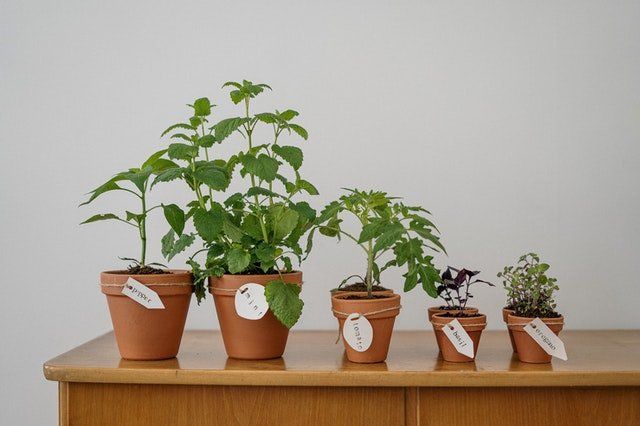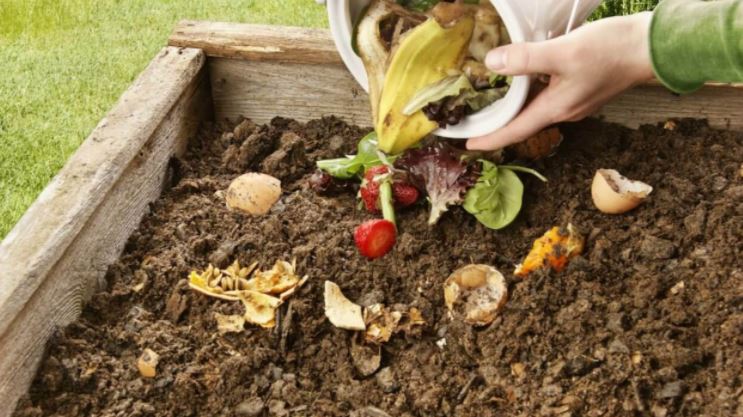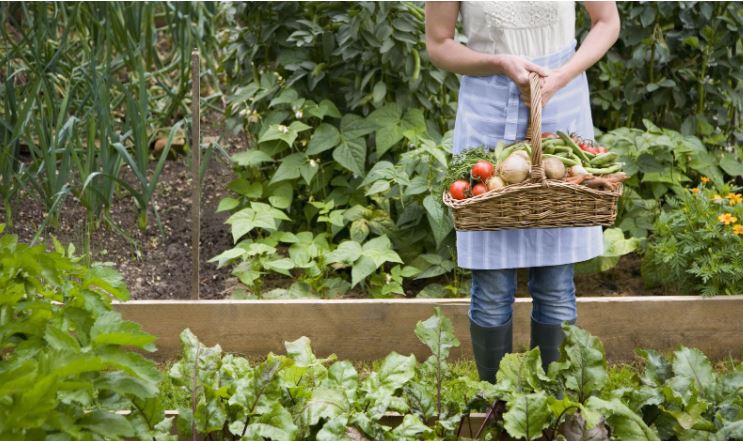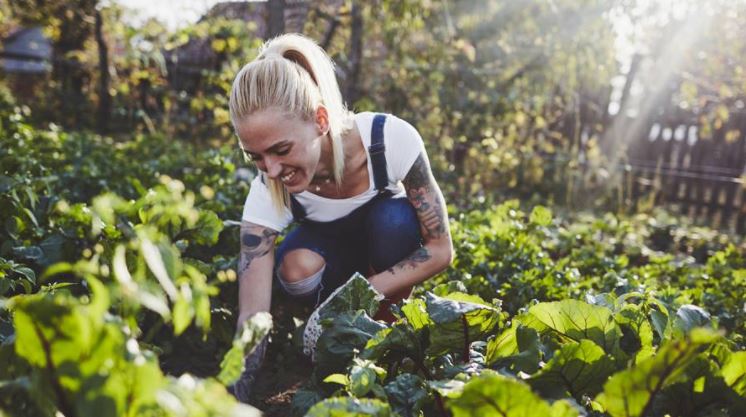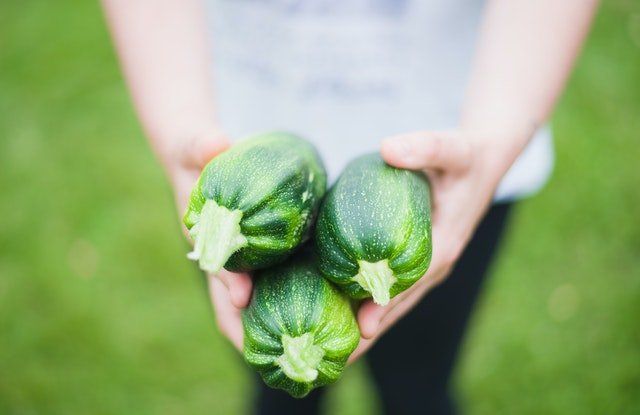How to Start a Vegetable Garden On a Budget
According to the CDC, gardening is among the most popular physical exercises that effectively burns calories and promotes strong health. Learning how to start a vegetable garden can help you meet multiple health and wellness goals at once. If you intend to spend serious time on gardening but are new to planting and growing vegetables, reading this in-depth guide is a good start.
Benefits of starting a vegetable garden.
Working on vegetable gardens brings people many proven effects on both mental and physical health.
First, it consists of moderate and continuing activities to gradually boost the gardener's overall physical health. The most direct benefit is strength improvement. Through different gardening work, such as hoeing, planting, and watering, you can build a regular exercise schedule, a balanced fitness, and an active lifestyle.
Second, growing gardens helps boost people's moods. A study published in 2017 reported that after a 12-week gardening intervention, people with depression all showed a great improvement in their mental health indicators.
Finally, besides the fantastic mental and physical benefits, gardening can be a social activity. Working in a garden connects people since you and your mates need to cooperate and interact to take good care of the vegetables and greens. If you are a parent or grandparent, this is a more than wonderful chance for family bonding.
What is the best time to start a vegetable garden?
A crucial factor for your DIY vegetable garden success is knowing whether you want plants that are cool-season or warm-season type. Being planted in the right growing season will enable your gardens to grow more healthily and deliver better products. Getting the most out of your garden is essential when sticking to a budget.
The cool weather in early spring or late summer and autumn is best for cool-season plantings. Your warm-season plants would greatly appreciate summer, late spring, or early autumn time.
If you want to plant an off-season crop, the work will require more advanced techniques and attention.
For beginners, fill your gardens with vegetables that can grow all year round such as tomatoes, onions, and eggplants.
Different ways to start a vegetable garden on a budget
1. Grow vegetables from seeds.
Seeding is among the best choices for garden ideas on a budget. Instead of spending up to $10 for a dozen seedlings, a pack of 100 to 200 of small seeds only costs you less than a half.
On the flip side, seeding will require a little more work at the start. You will need to incubate the seeds indoors at a warm temperature before the crop season, wait for them to grow into the form of seedlings, and then transfer the small plants to the soil bed.
The incubation period also ends up with a certain failure ratio. In most cases, about 50% of the seeds will fail for many reasons, such as the seeds' original quality or their parent plants' health.
2. Build raised beds.
You won't have to prepare a large plot and do hard hoeing to get everything ready. All you need is a bed from anti-rot wood and a pack of nutritious soil that you can buy at any farming or gardening store.
Now, rather than struggling with too small or bulky gardens, you can flexibly build more or less beds depending on your needs and budget.
The only minus is that once the bed size is fixed, you can't adjust it to the plant's size when they grow up. Make sure to figure out how much space you will need ahead of time. Remember, you may make some errors before finding the best solution.
3. Container vegetable gardening.
You can use a wide range of containers to grow vegetables indoors or outside. They can be different shapes and sizes as well as made of different materials. You can also have a versatile mixing of different plants in one pot.
The challenge here is that you will need much more soil and fertilizer to fill in a typical container. This can get quite expensive if you have to buy both at the same time.
Furthermore, stock tank gardening requires more care, especially with watering. You can easily harm the greens and vegetables by overhead watering.
4. Make your own compost.
After addressing the concerns of how to start a vegetable garden on a budget, it is interesting that you can even save more during the horticulture and upkeep. If you use the right formula, DIY compost can provide your plants and vegetables with enough nutrients.
You can find many compost ingredients around your house, from eggshells and fruit scraps to coffee grounds. Browse for the exact formula on the Internet and divide your compost pile into bags for more use times.
Remember to avoid adding problematic items into your compost, such as meat, grease, or dairy products. However, citrus, garlic and onions can work wonders in repelling earthworm and weeds from the soil.
Where to plant a new vegetable garden.
Each plant needs a different amount of sun for their ideal growing environment. Research to see if your plants prefer sunny weather or shady and moist places.
You will want to cultivate the crop in a location with great airflow and well-prepared soil.
A cramped space will depress the natural growth of gardens. This will make the vegetables stunted and less nutritious. Simultaneously, a moist, well-drained soil bed is a prerequisite for the seeds and seedlings to sprout quickly.
Remember to adjust the condition to nature. In summer, you should cover the cool-season plantings with a sunblock net to protect them from direct sunlight. On the other hand, artificial lighting will keep the plants warm during winter.
Above all, your garden's location is the decisive factor on where the new crops should be planted. Consider the garden size and natural conditions to make sure that your plants can develop healthily without taking over other living spaces.
As you aim at a low-cost garden, consider what you need your small vegetable garden to produce. Limits how much you plant. With a moderate amount of varieties, you can give better care to everything you grow.
How to take care of a new vegetable garden.
Almost all vegetable and regular gardens require the same conditions to thrive, including proper water supply, soil, and fertilization. You will then need to prepare your garden based on what you choose to grow.
First, you'll need to build proper supports for your garden. Crawling and climbing plants such as tomatoes and beans will need a cage or trellis to cling to. A stake shall help the pumpkin to keep its stems tied and stable on the garden bed's flat surface.
Second, make sure there you water your garden regularly and use fertilization periodically. Both of these play vital roles in boosting the seedlings' strong root and sturdy growth.
If fertilization can be done before and during growing crop, the best watering routine is 1 to 2 times per week. Check how much water your plants require to make sure you don't damage the roots.
Finally, besides the fundamental cares, you also need to carry out
seasonal elimination of weeds and pests.
This will help
prevent the gardens from diseases and damages. You can do both of these activities manually or with chemical spraying. However, make sure to use formulas with safe ingredients.
Final thoughts on growing a vegetable garden frugally
I hope you have learned the most fundamental knowledge of how to start a vegetable garden. As you can see, growing your own food does not have to be expensive.
Don't forget to make a good plan which includes all your wishes and goals. Make sure to consider the space and finances you can set aside for your garden. Doing research and taking proper steps can help you get the most out of the time, money, and effort you invest.
In addition to adding nutritious, fresh produce to your diet, gardening can be a source of exercise, relaxation, and social activity.
I can't wait to see you back with a fruitful harvest and valuable experience.
Author bio.
Jill Sandy is a sustainable focus gardener at Constant Delights. She loves decorating her home backyard with beautiful landscape design and creative garden care techniques she develops herself.
The content and references in this post were reviewed on February 13, 2021, by Dr. Ronit Levy
Please contact us to set up an appointment.
We can help give you information, a map for next steps, and hope that you can have the life you want.
Wishing you the best,
Dr. Levy
Director
Dr. Ronit Levy is a clinical psychologist and director of Bucks County Anxiety Center in Newtown, PA. She specializes in treating teens and adults struggling with anxiety due to Anxiety Disorders, OCD, chronic illness, and life events. Dr. Levy trains and supervises other therapists and presents on mental health in the community.
Anxiety & OCD Blog Latest Posts
About Us
The therapists who practice at Bucks County Anxiety Center work with teens (ages 14 and up) and adults struggling with anxiety and OCD.
All Rights Reserved | Bucks County Anxiety Center

